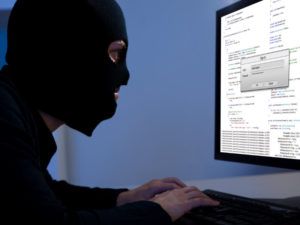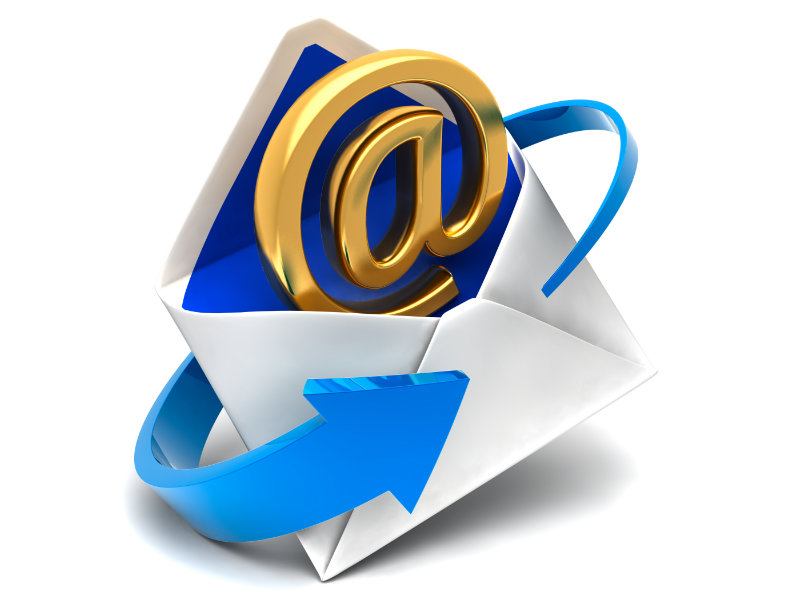The Importance of a Professional Email Address
Every bootstrapping start-up looks for ways to make their dream come alive on a budget. There are ways to cut costs or to at least stagger your start-up costs to make them affordable.
Start-up costs include:
- Business license or business tax certificate
- Custom logo
- Customer website
- Professionally written web pages
- Tools of your trade
- Local permits
- Location set up
The list goes on.
Start-ups need to conserve their initial reserves.
I get it.
However, the fast way to sabotage all of that effort is to have an unprofessional email address.
Why is a professional email address important?
Fraud. Trust. Authority.
In today’s world, everyone has to be aware of internet security and social engineering/human hacking. Social engineering is the use of deception to manipulate individuals into divulging confidential or personal information that may be used for fraudulent purposes.
“People with an online account should watch for phishing attacks and other forms of social engineering” Norton AntiVirus
In fact, the fastest way to tell if an email is fake or dangerous is to look at the email address. If the email address does not look professional, it most likely isn’t.

Unprofessional or dangerous email addresses are easy to spot. Commonly they will end with:
- @gmail.com
- @hotmail.com
- @yahoo.com
- @imail.net
- @yourcablecompany.com (ex. cheapskate@cablecompany.net)
- @anything but your business name.com
- @ well-known company.com –but the company name is spelled wrong. (ex. hacker@amaazon.net or evildoer@appl.biz)
Due to the amount of necessary mistrust and the measures taken to protect ourselves, if your email address is not top-notch you limit customers’ trust and authority you need to lift your business off the ground.
What does a professional email address look like?
Professional email addresses have two parts separated by the “@” symbol — before and after the “@” symbol.
Let’s look at my email address: writer@springboardwritingconcepts.com.
The front of the email address will specific who in the organization the email is being routed to. Tailor this to your industry. For a professional copywriter like me, it makes sense to use “writer@”. If you do sales, consider sales@.
Whatever you choose, it needs to be short and have a natural connection to your industry.
The back part of your email address will end with your domain name (also called a website URL).
Again do your best to not make it too long. Not only will it be difficult to remember but will get cumbersome to write repeatedly.
How do you get a professional email address?
There are several ways to get an email address.
- Ask if a professional email address is part of your web design and development package
- If not, you will have to set it up yourself.
- You can go through your hosting service, Google, Go Daddy, or other domain name services.
How do I know which email service is best for me?
Your needs determine the answer. There is no one-size-fits-all answer.
If your business model is limited to you, then using the domain server provider’s access to Microsoft’s online single license option might work.
If you have a virtual assistant, a partner, or other assistants that need to access your files or email from anywhere at the same time, your best bet is to get one from Google.
Most of my clients need a flexible and scalable option with plenty of additional collaborative functions like what the Google Suite offers. Starting at $6 a month per professional business email address, Google is hard to beat.
When to get your professional email address?
Don’t wait to get your professional email address. Get it at the same time you purchase your domain name.
Then direct all professional correspondence to it immediately.
Don’t forget to forward all of the previous business emails in your personal inbox to your professional one.
When you separate your business email from your personal email address, you start setting the boundary between work and home. Creating that boundary is critical to your happiness and to a successful professional career.
Besides, not everyone will be able to appreciate your quirky sense of humor. Reserve those punch lines for your members of your personal tribe — not your professional circle.






